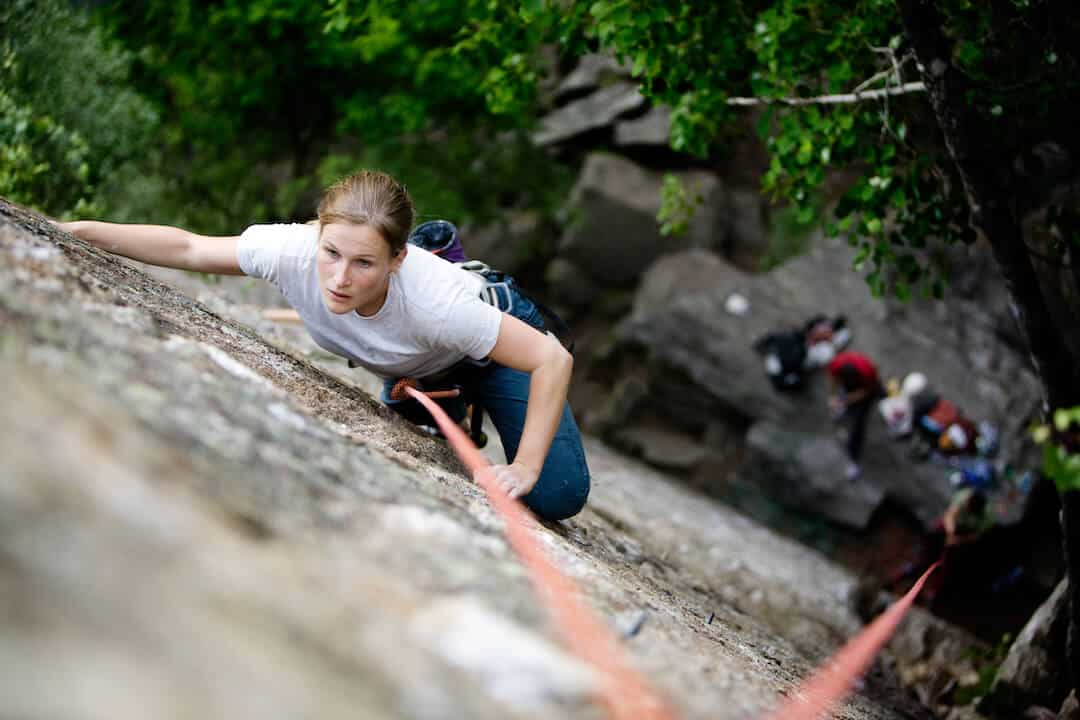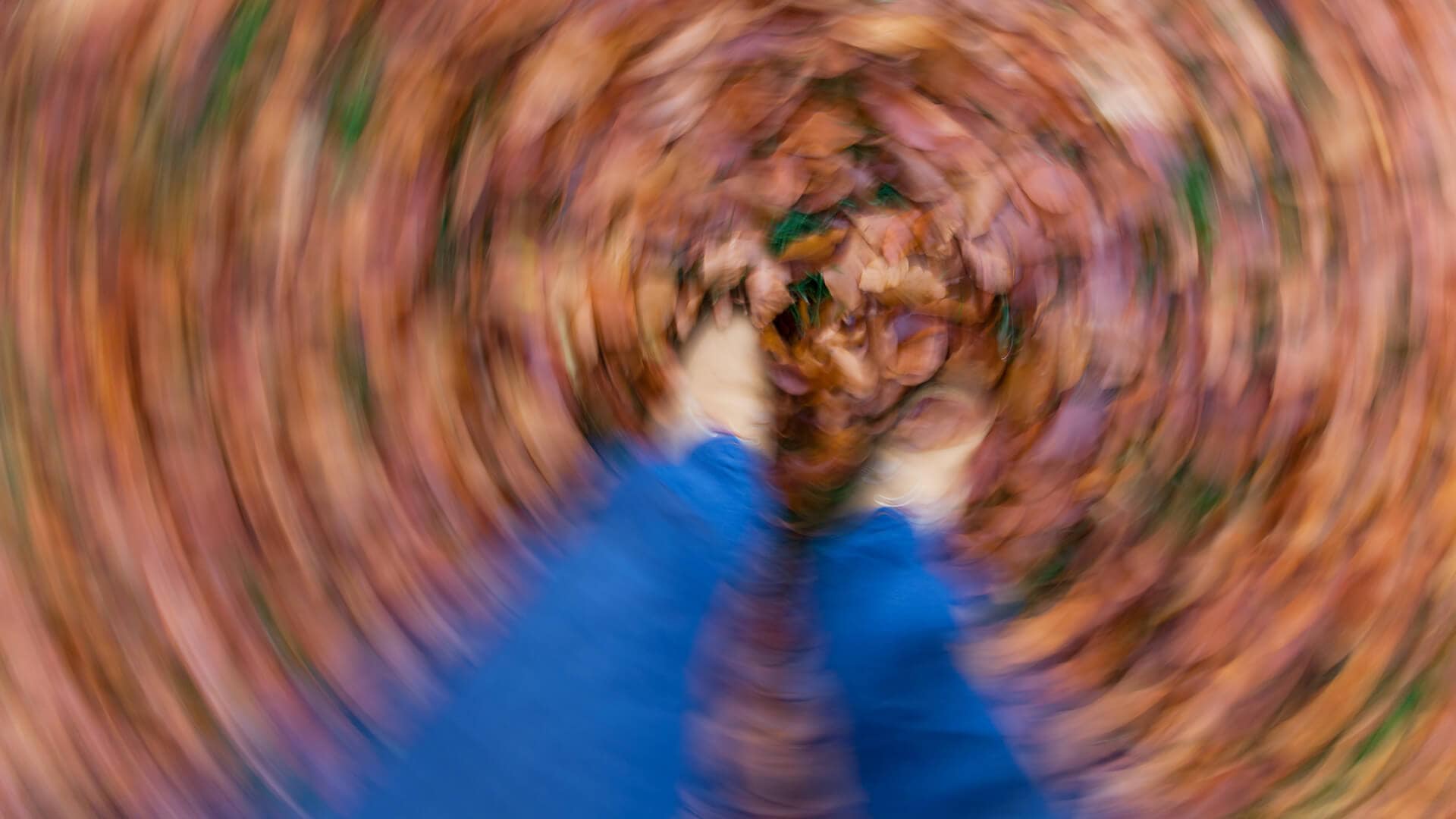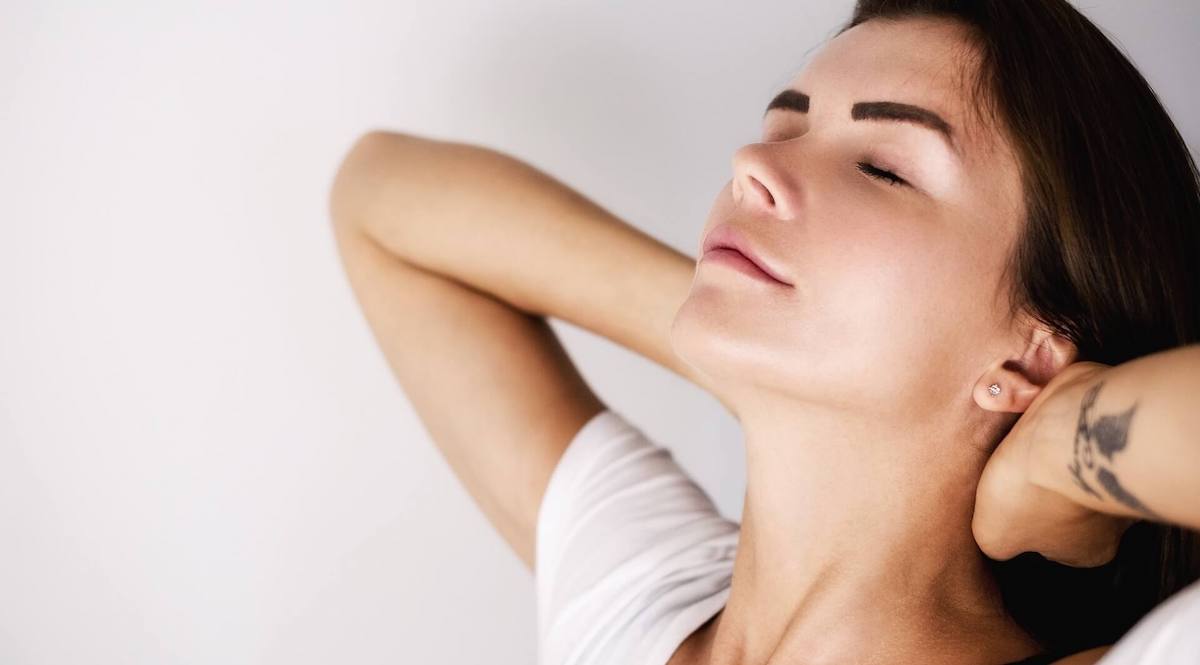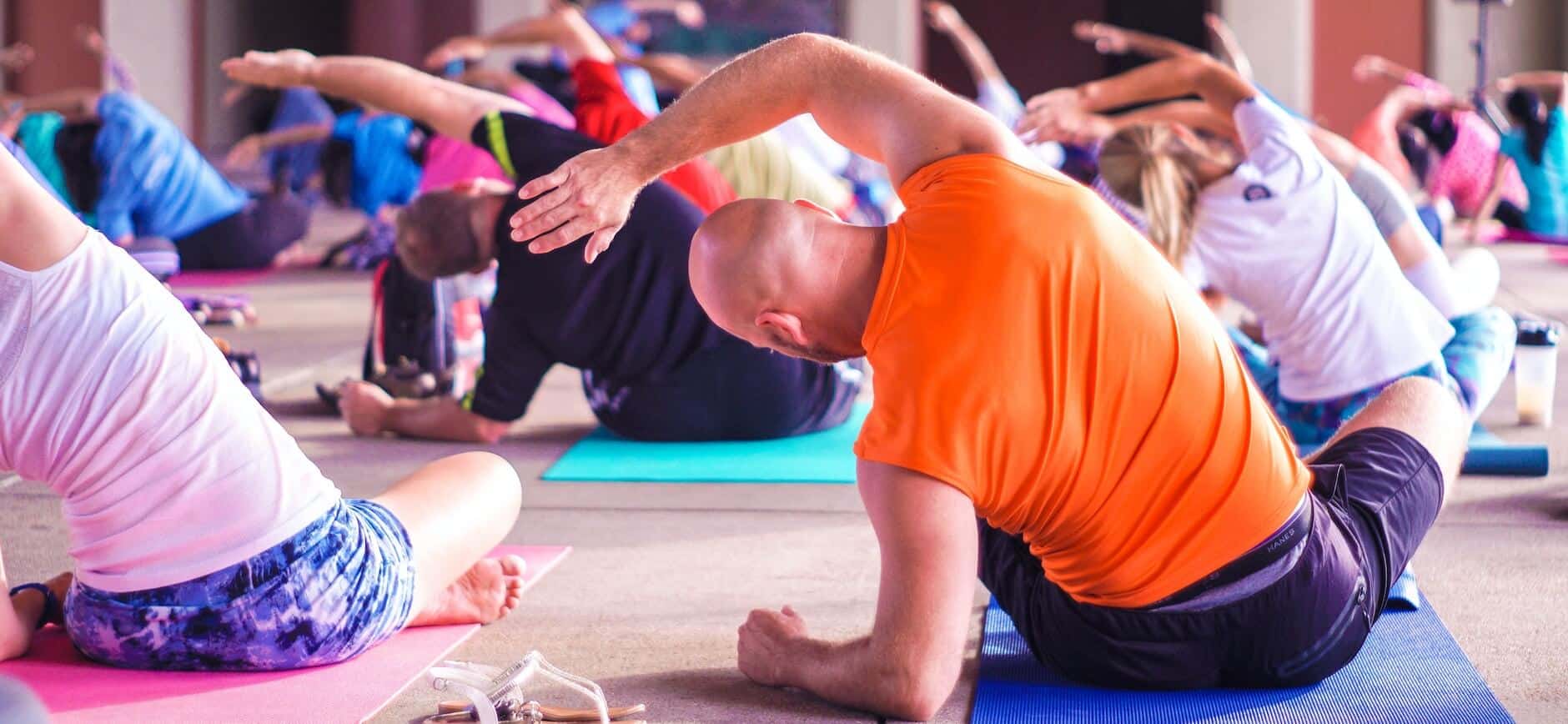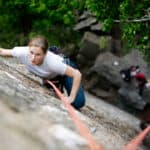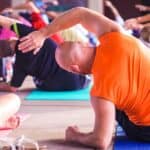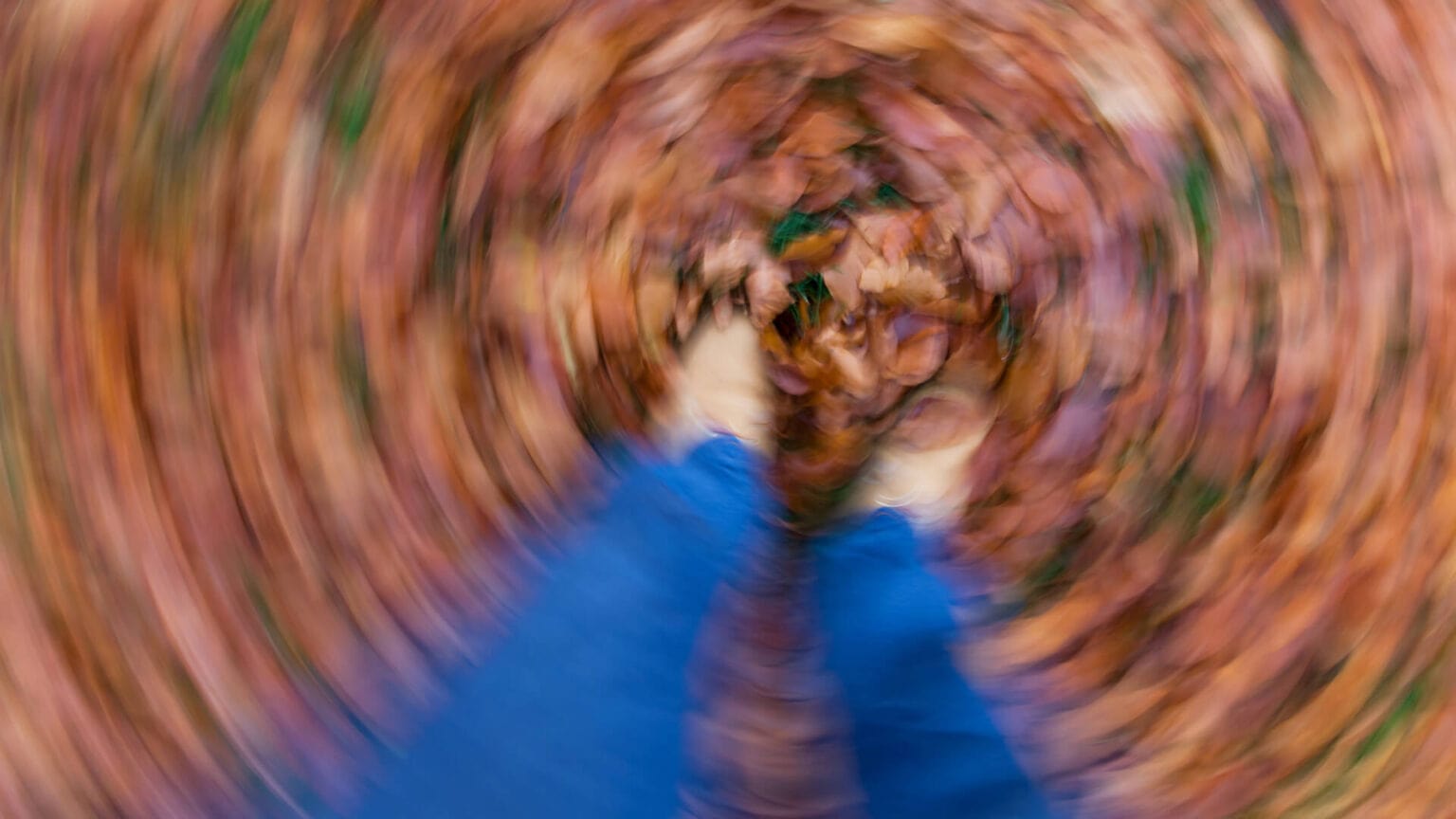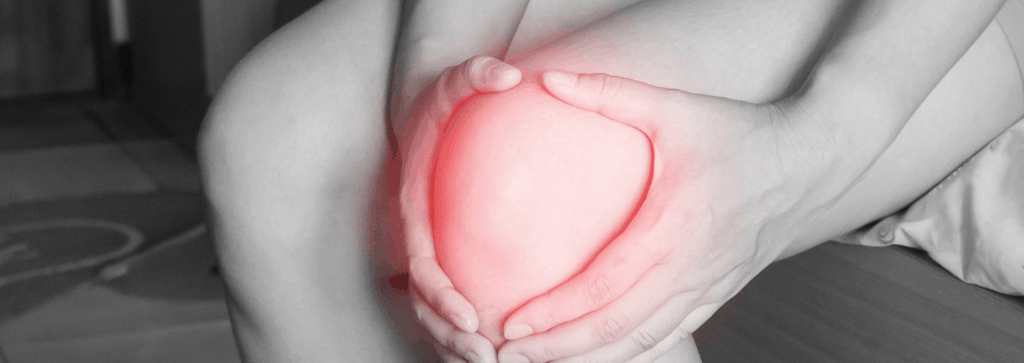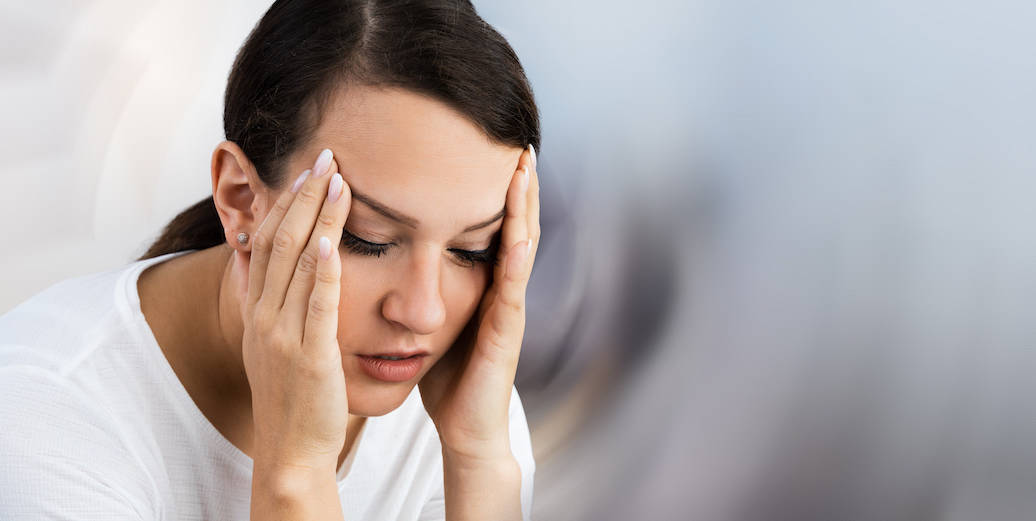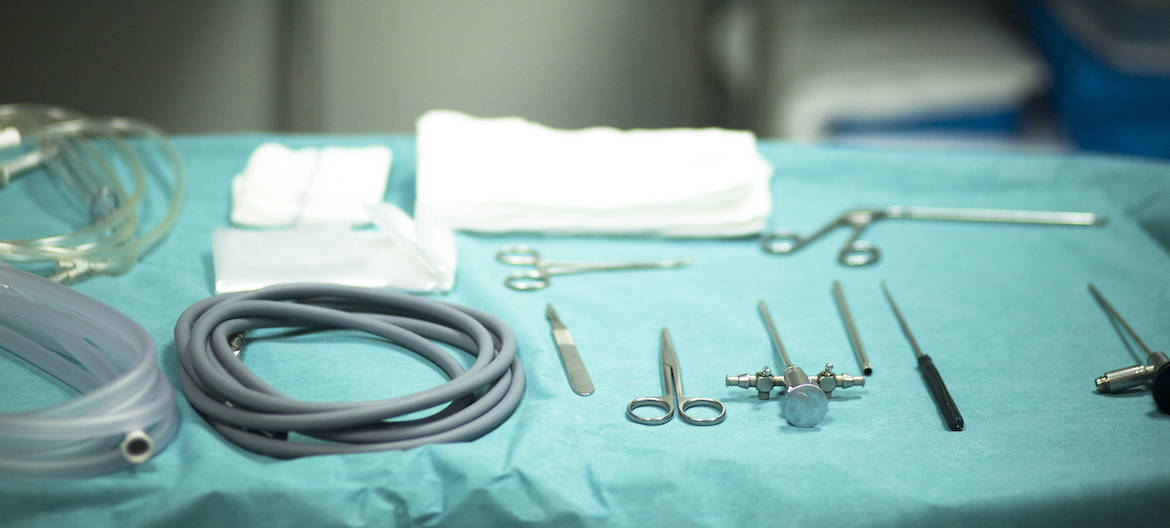Hip and knee arthritis, or more specifically osteoarthritis (OA) is such a common problem that the best management is relatively easy for researchers to establish.
The problem

The big problem is that not everyone is told the best evidence by their GPs or specialists about arthritis. The pharmaceutical companies don’t help – they are simply trying to sell you their product on the TV.
For example, did you know that the clinical guidelines for hip and knee OA are not medication or passive therapist treatment first, and certainly not surgery first.
The clinical guidelines say that the first line of attack for hip and knee arthritis should be:
- functional strengthening in the right dosage
- education about the problem and how to manage it, and
- weight loss
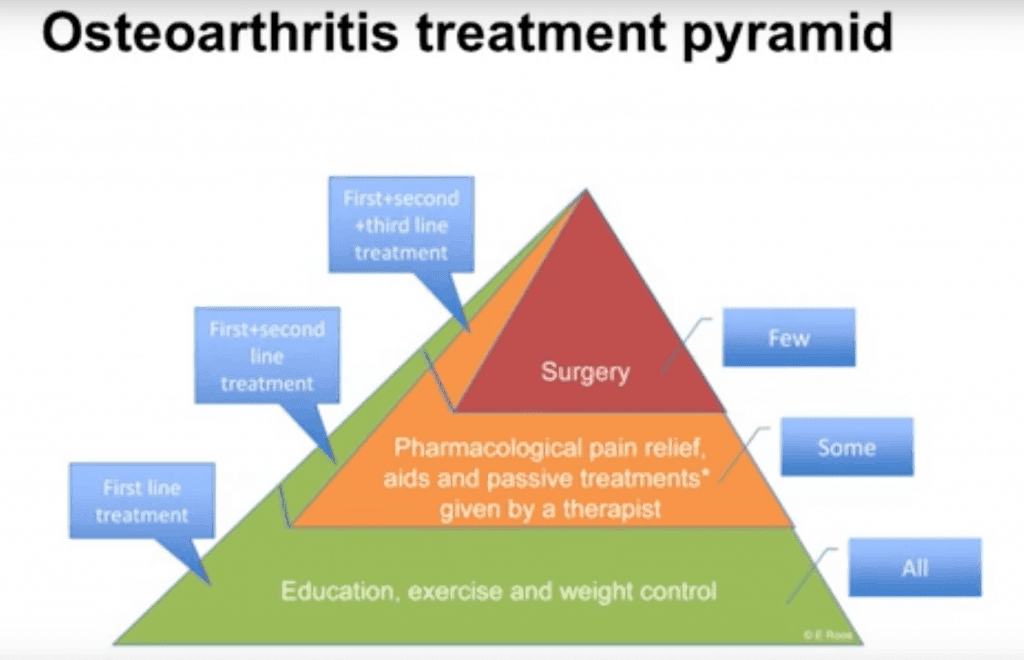
What is functional strengthening?
Does functional strengthening sound a bit fluffy?
Functional strengthening is different to doing an isolated muscle contraction (like doing a knee extension machine at the gym), or doing aerobic exercise that is more about fitness and general strength and conditioning.
Functional strengthening is doing exercises that use normal movements involved in your normal day as strengthening exercises, with precision of movement patterns. For example, going up a step is more ‘functional’ than doing a knee extension machine. The GLA:D researchers talk about this using the term ‘neuromuscular exercise’.
The GLA:D programme results
There are more than 50 randomised controlled trials saying that exercise is effective for arthritis of the hip and knee (an RCT is research that is rated A+ in the quality of the information). The GLA:D* programme started in Denmark, when physio researchers saw that there was ample evidence to support these clinical guidelines, but no one was following them!
They devised a programme spanning a minimum of 6 weeks of one hour exercise sessions, done twice a week. These sessions involved exercises to improve strength, movement quality and confidence in the knee or hip. There was also education delivered in group sessions.
The research study meant the patients and the physios keeping a register of results. They followed up with the participants at the 12 month mark to see how well the results carried over into the longer term. In 2017, after 4 years of running the programme, they have trained over 800 physios in Denmark. These physios have trained and educated 18000 patients with arthritis. With the data of 18000 patients, the results are really good!
They found the following results at 12 months:
- an average 32% reduction in pain
- a reduction in medication use (simple analgeisa, opioid analgesia, anti inflammatories)
- a reduction in sick leave
- an increase in strength and
- an high satisfaction scores
This programme has been rolled out to other countries, the study continues with more and more participants, and now it has reached us at Adelaide West Physio and Pilates!
Here is a YouTube clip of one of the leading authors of this study, Prof Ewa Roos. It’s a nice short clip to fill in the gaps in the GLA:D story.

GLA:D at Adelaide West Physio
We have physios that will have trained in the GLA:D programme so that it can be delivered in exactly the same format that gave these very impressive results for the Danish researchers.
Click on this link for more information about the GLA:D programme.
If you would like to learn more about the GLA:D programme, what it involves and what it costs, email us at admin@adelaidewestphysio.com.au or call us on 8356 1000 and speak with one of our GLA:D-trained physios.
*in case you were wondering, GLA:D stands for ‘Good Life with osteoarthritis in Denmark’ – nice!
